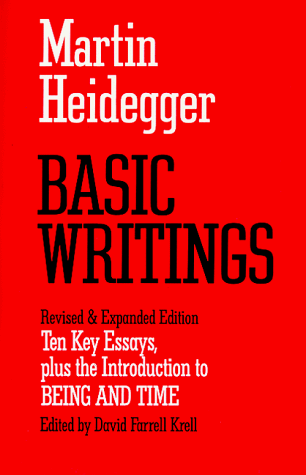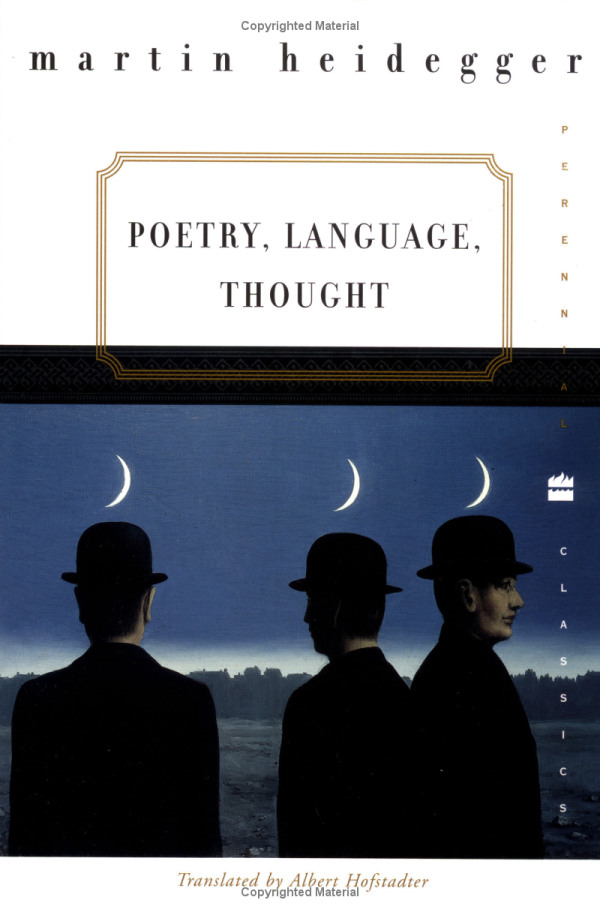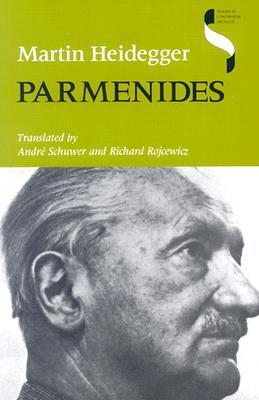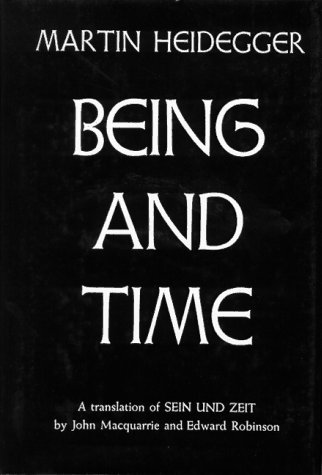
Basic Writings
Book Description
What if the very essence of existence lay hidden in plain sight? In "Basic Writings," Martin Heidegger unlocks the profound mysteries of being, urging a reckoning with our place in the universe. Through a masterful blend of philosophy, language, and existential inquiry, he plunges into the depths of human experience, challenging readers to confront the nature of time, truth, and authenticity. Each page invites exploration, igniting a fire of contemplation that refuses to be extinguished. Could the key to understanding life itself be waiting just beneath the surface?
Quick Book Summary
"Basic Writings" by Martin Heidegger presents a selection of the philosopher’s pivotal essays, mapping out his groundbreaking exploration into the nature of being. Heidegger confronts the foundational question of what it means to exist, arguing that Western philosophy has long misunderstood or ignored the true nature of “Being.” Through essays such as "Being and Time," "What Is Metaphysics?," and "The Question Concerning Technology," Heidegger examines concepts like authenticity, the limits of language, temporality, and technology's impact on humanity. His style challenges readers to rethink philosophical assumptions, embracing uncertainty and the depth beneath everyday experiences. The collection provides an essential introduction to Heidegger’s thought, inviting readers into profound contemplation on existence, truth, and the interplay between humanity and the world.
Summary of Key Ideas
Table of Contents
The Question of Being and Authentic Existence
Heidegger’s "Basic Writings" centers on the fundamental question of Being—asking not merely what particular things are, but what it truly means to be. Heidegger contends that the Western philosophical tradition has overlooked the question of Being itself, taking it as self-evident when it is precisely the most profound mystery. He reorients philosophy to focus on ontological inquiry, challenging us to confront our own existence (Dasein) and its unique ways of being-in-the-world. Authentic existence becomes possible when individuals face their finitude, anxiety, and potential for freedom head-on, instead of conforming to the anonymous expectations of society.
The Role of Language in Revealing Truth
Language, for Heidegger, is not just a tool for communication but a medium through which truth emerges. He sees language as the "house of Being," emphasizing that our way of understanding and relating to the world is shaped and revealed through linguistic frameworks. The power and limitations of language are continually foregrounded: while language enables the disclosure of meaning, it can also conceal or distort the essence of phenomena if treated superficially or instrumentally.
Temporality as the Structure of Existence
Time plays a critical role in Heidegger’s analysis of existence. Rather than being a linear sequence of moments, time is fundamentally linked to human experience—especially through notions like anticipation, past, and present. Heidegger sees temporality as structuring all understanding, shaping how individuals project themselves towards possibilities and interpret their past. This conception of time departs sharply from traditional objective definitions, highlighting instead the existential and personal dimensions of temporality.
Technology and Its Impact on Humanity
Heidegger’s reflections on technology probe its capacity to estrange humanity from a more primordial relationship with Being. He argues that modern technology reduces nature and beings to mere resources—what he calls "standing-reserve"—threatening our ability to encounter the world in a more authentic, meaningful way. Yet, within this danger lies the potential for a renewed, thoughtful engagement with Being, provided we recognize and resist the reductionist tendencies imposed by technological worldviews.
Metaphysics and the Limits of Human Understanding
The essays in "Basic Writings" converge on Heidegger’s conviction that metaphysics has reached its limits in the modern era. Heidegger encourages a process he terms "destruktion," a critical retrieval and questioning of philosophical traditions in pursuit of more genuine ways of understanding. This approach is not about rejecting metaphysics but about moving beyond its constraints to uncover the concealed depths of human experience. Ultimately, Heidegger invites us to become more attuned to the mysteries and possibilities that being-alive entails, opening the door to new forms of thought, authenticity, and meaning.
Download This Summary
Get a free PDF of this summary instantly — no email required.





